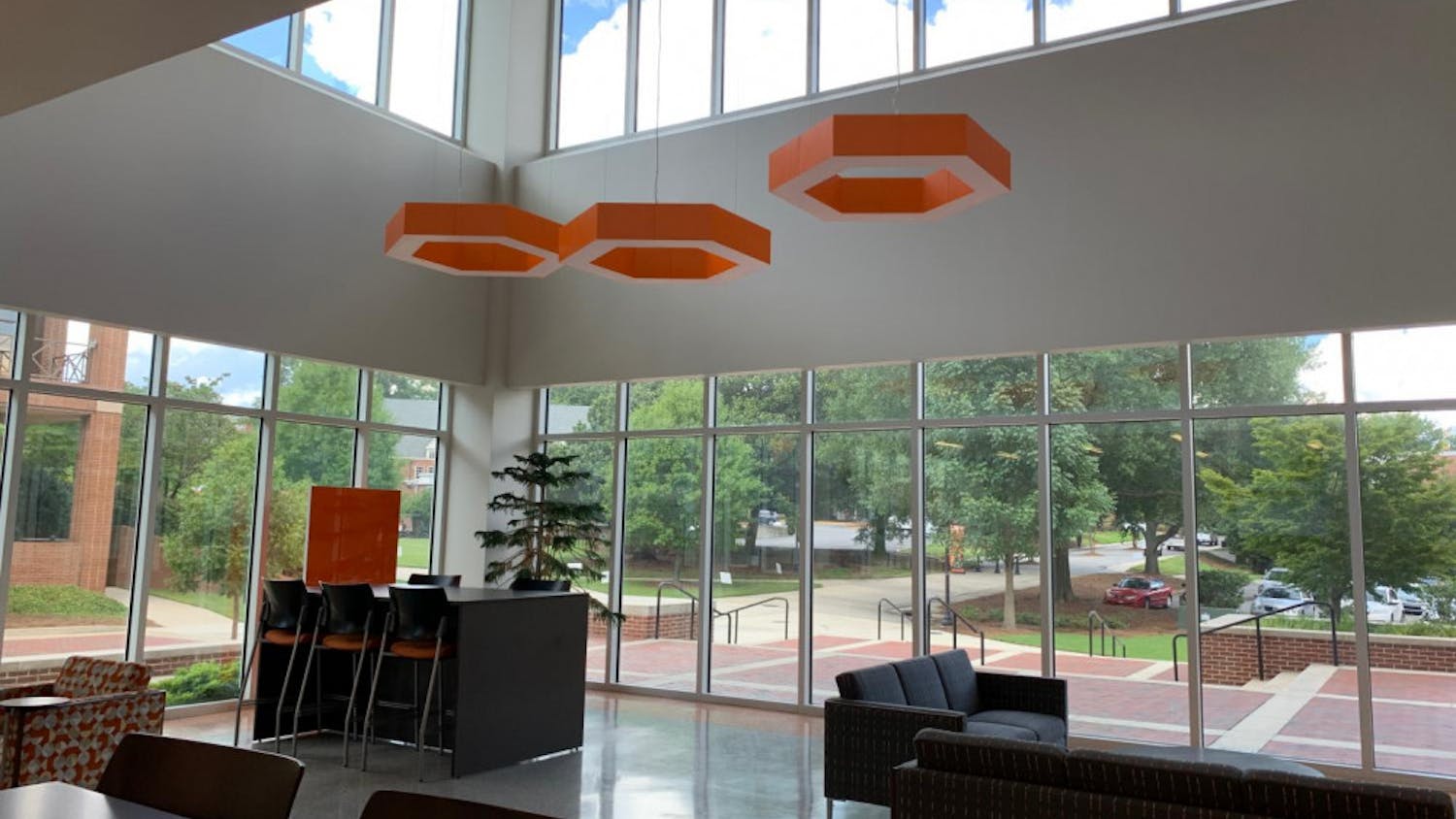College, unlike any other arena, creates a great environment for different ideas to develop beyond superficial grounding. Not just by reaffirmation but by active engagement with differing views.
A better understanding of opposing perspectives will inevitably strengthen a view, or do the believer an even greater service, by discrediting the flawed view or closing gaps that may exist. After seeing many discussions on our campus about serious issues one common trend proves worrisome more than anything else: arguing on the grounds of indisputable evidence.
As an adamant lover of debate nothing thrills more than the feeling of victory in heated discussion. Seeing a person disagree with passion and staunch belief raises the stakes for everyone involved; even the observers.
Generally two compliments always follow; “Gene, I completely agree with you” or “Gene, I disagree with you but you made a very compelling argument for your position”. The latter satisfies more than the former, and this is the premise on how I argue.
As a nation that requires debate and engagement will not sustain itself long if we do not have more compelling arguments. While I hear all of your “duhs” I give you my explanation of what this means. Thoughts of inevitability, indisputable, and absolute truth never cross my mind about anything.
Everything from politics to religion places itself for us to debate. Under no certain terms does any subject simply subside in the realm of certainty. Of course not everyone agrees with this and I embrace it with open arms as it only furthers my point.
The opposite of my understanding scares me. My life adheres to the “older I get the less I know”. Not everyone grows this way. Some seem know more and more! This benefits us compelling arguers as those who defend their views with undeniable, irrefutable evidence seem farther and farther from reality.
How can one be so certain about anything? Faith I have but certainty I do not. Its troublesome to find those who are certain for they seem to have much at stake; not in their position but in being wrong.
They seem actively engaged in cementing themselves in improvable truths and act to ensure the future holds their validity. They then turn to their “indisputable” evidence as the problem and not themselves. They lay the blame at the facts and say to the world “I’d accept and tolerate but unfortunately I am forbidden”.
These types differ greatly from us compelling arguers as the measure of their success lies in direct competition of their opponents. They see victory only in changing their opponents view and will not rest until their counterpart sees it their way.
This is where we compelling arguers have the advantage. A compelling argument understands that the opposing view will never change. Therefore, we look towards those who may not. The audience holds the key to our success.
While our staunch opponent holds firm in their improvable facts the compelling argument provides doubt, questions, and possibilities. What purpose do our ideas have if the only person receiving them is the arguer? The audience, for us, is far more valuable to us. The opposite can be said of our opponent.
What’s worrisome, though, is the staunch believer’s fervent audacity to see above all the rest of us. They seem to hold truths that none of us can ever understand and without an opponent they usually carry strong opinions that can move people.
People that take strong actions that attempt to make bad actions for humanity exist. With this in mind I encourage everyone to openly engage in debate and think. Never assume you have all the answers but always know there should be a question.
Comments on this opinion can be sent to donald.e.mitchell@live.mercer.edu




